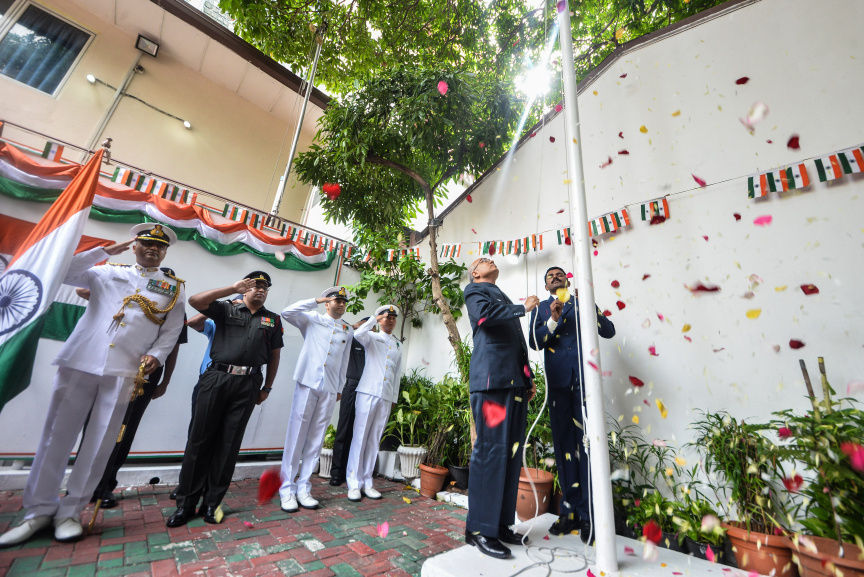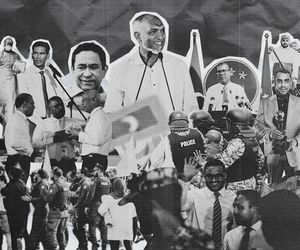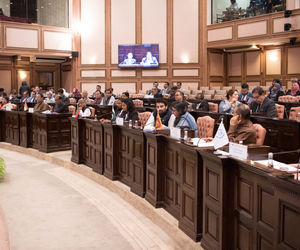Indians in Maldives anxious and uncertain over future
The government has watered down the Maldives’ traditional ‘India-first’ foreign policy.

26 Aug 2018, 09:00
Indian dentist Ibrahim Sayeed* has been living and working in the Maldives since 2016 and doesn’t want to return home anytime soon. Back in Kerala he would work for 12 hours a day and earn US$300 a month. In the Maldives he earns US$1,000 – as well as a commission per patient – for the same hours.
“Life is good here,” he says, “but it’s only after the elections in September that I will know if I can continue this. What if one day the president says, we don’t want Indians any more?”
As diplomatic ties deteriorate between the two countries, conversations with Indian expatriates reveal a mix of anxiety, uncertainty and fear over their future.
After Bangladesh, Indians are the second-biggest expat group in the Maldives. Nearly 21,000 of them work in the construction, hospitality, health and education sectors although their actual numbers are often said to be around 30,000, especially given the prevalence of human trafficking in the country.
Become a member
Get full access to our archive and personalise your experience.
Already a member?
Discussion
No comments yet. Be the first to share your thoughts!
No comments yet. Be the first to join the conversation!
Join the Conversation
Sign in to share your thoughts under an alias and take part in the discussion. Independent journalism thrives on open, respectful debate — your voice matters.




